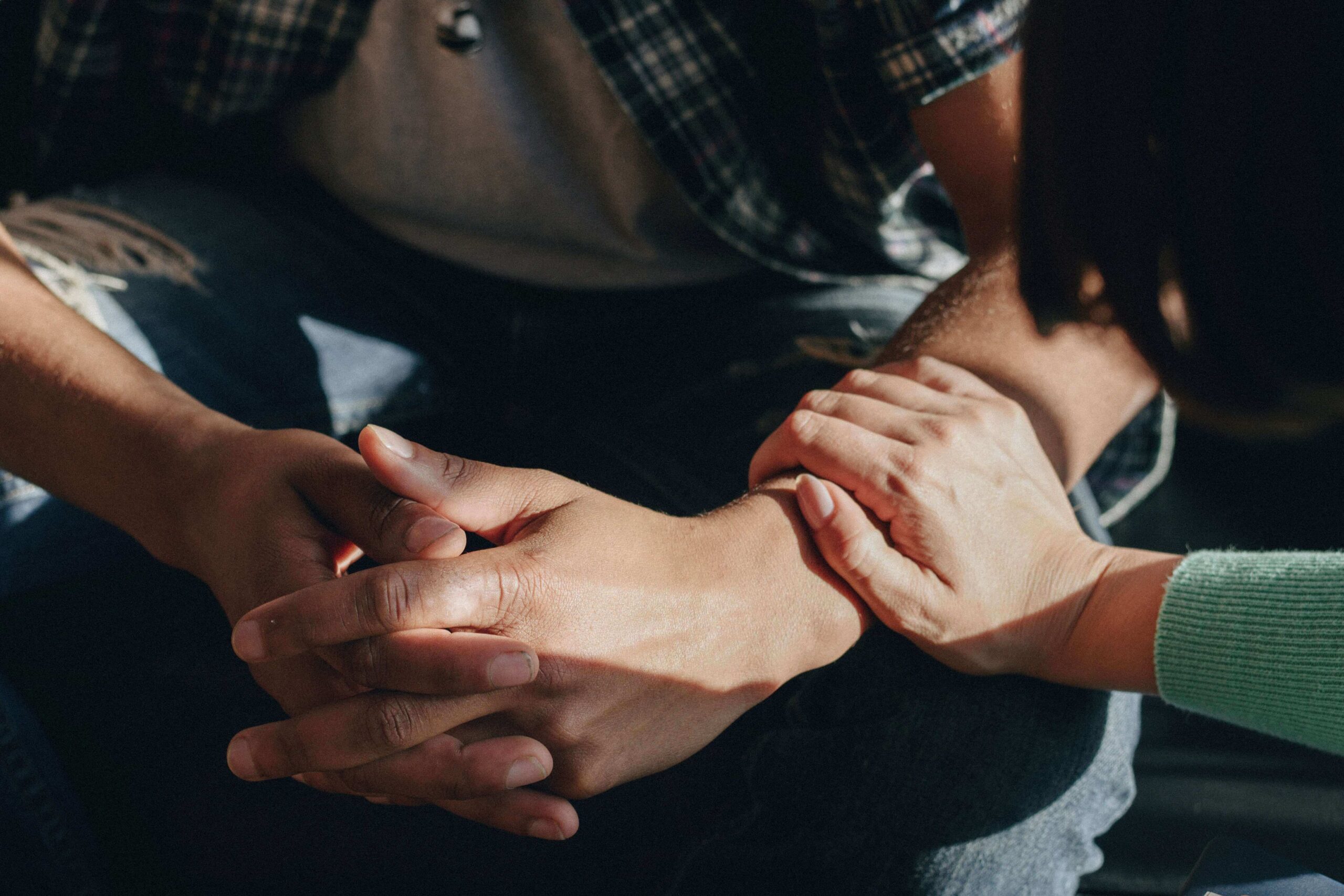Mental illness is more common than most people realize. That’s why it’s more important than ever to seek help to treat mental health problems. Before the pandemic, experts estimated that about one in five Americans were dealing with some form of mental health concern. The impact of COVID-19 has certainly increased that number, according to the Substance Abuse and Mental Health Services Administration (SAMHSA).
Mental health impacts a person’s total well-being. With the appropriate treatment, people can not only manage their illness, but they can also go on to lead productive lives. What’s more, mental health treatment has been proven through research to be effective.
Common Mental Health Disorders and Symptoms
Misconceptions remain about mental health disorders — they are a choice, a weakness, or a character flaw, for instance. The reality is, just like diabetes or heart disease, a mental health disorder will not pass on its own, nor is it something the person can snap out of through willpower alone. Research has yet to determine the specific causes of mental illnesses. Still, studies have shown that various factors can increase a person’s risk, such as family history, brain chemistry, and traumatic life events.
There are many forms of mental illness, and they exhibit a range of symptoms. Common mental health disorders include:
- Anxiety
- Depression
- Seasonal affective disorder
- Bipolar disorder
- Major depression
- Schizophrenia
- Post-traumatic stress disorder (PTSD)
The symptoms of these different disorders vary, but may include some or all these feelings, emotions, or experiences:
- Shifts in mood
- Sadness
- Anxiety
- Irritability
- Low energy
- Delusions
- Hallucinations
- Sleep problems
It can be hard to detect mental illness because a person may display only one or two of these symptoms. Trying to treat a mental health concern without professional help is not advised. The sooner someone seeks treatment, the better because many mental health concerns can worsen over time, making them more challenging to treat.
Help for Mental Health
The type of help a person seeks for their mental health concern will depend on the severity of the situation. There is no one-size-fits-all solution. If someone is in crisis and/or suicidal, immediate action should be taken by calling 911 or going to the nearest emergency room.
There are also helplines that can be contacted:
988 Suicide & Crisis Lifeline — a 24-hour, confidential support to anyone in suicidal crisis or emotional distress. Call or text 988 to be connected with a trained crisis counselor.
Crisis Text Line — text “HELLO” to 741741 to be connected with a crisis counselor who can provide support and information 24 hours a day, seven days a week throughout the U.S.
Veterans Crisis Line — a free, confidential resource that connects veterans 24 hours a day, seven days a week with a trained responder and is available to all veterans, even if they are not registered with the VA or enrolled in VA healthcare. Call 1-800-273-TALK (8255) and press 1 or text to 838255.
Disaster Distress Helpline — free, immediate crisis counseling for people experiencing emotional distress related to any natural or human-caused disaster that is multilingual, confidential, and available 24 hours a day, seven days a week. Call or text 1-800-985-5990.
Most mental health concerns can be treated with therapy, medication, or a combination of the two. Treatments will vary depending on the individual and their condition, but a well-rounded and integrated approach can help the individual regain their life.
Resources in Arizona
Arizona has a population of about 6.7 million people, and, according to SAMHSA, about 4.6% of its adult population is dealing with some form of mental health concern. Of that number, only about 40% receive any help.
Locally, residents of Arizona have additional mental health resources they can use. One option is Resources to Recover and the website rtor.org. A free online service, RTOR helps people find the expert treatment and services they need to treat their mental health concerns.
Another option is to call 211 or visit 211Arizona.org. A free referral and information helpline, 211 connects people to a range of health and human services, 24 hours a day, seven days a week, in any state.
Finally, the National Alliance on Mental Illness (NAMI) Arizona offers resources and help to Arizonians struggling with mental health issues.
A licensed mental health and substance abuse intensive outpatient program (IOP) in Scottsdale, Arizona, Rising Phoenix was created to offer a safe, welcoming, and nurturing environment where clients are not judged, but embraced, throughout their recovery process.

